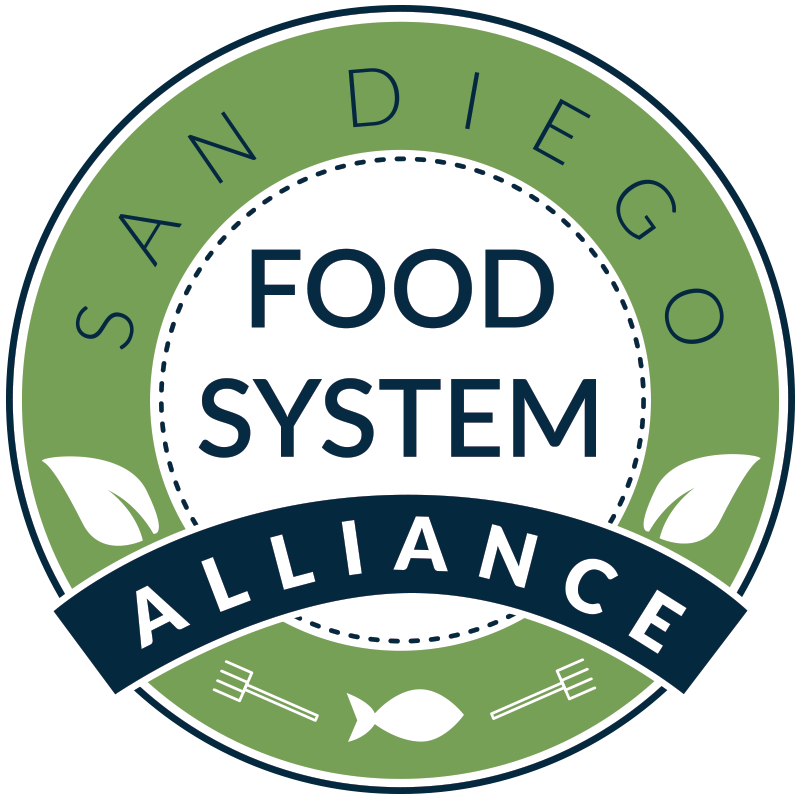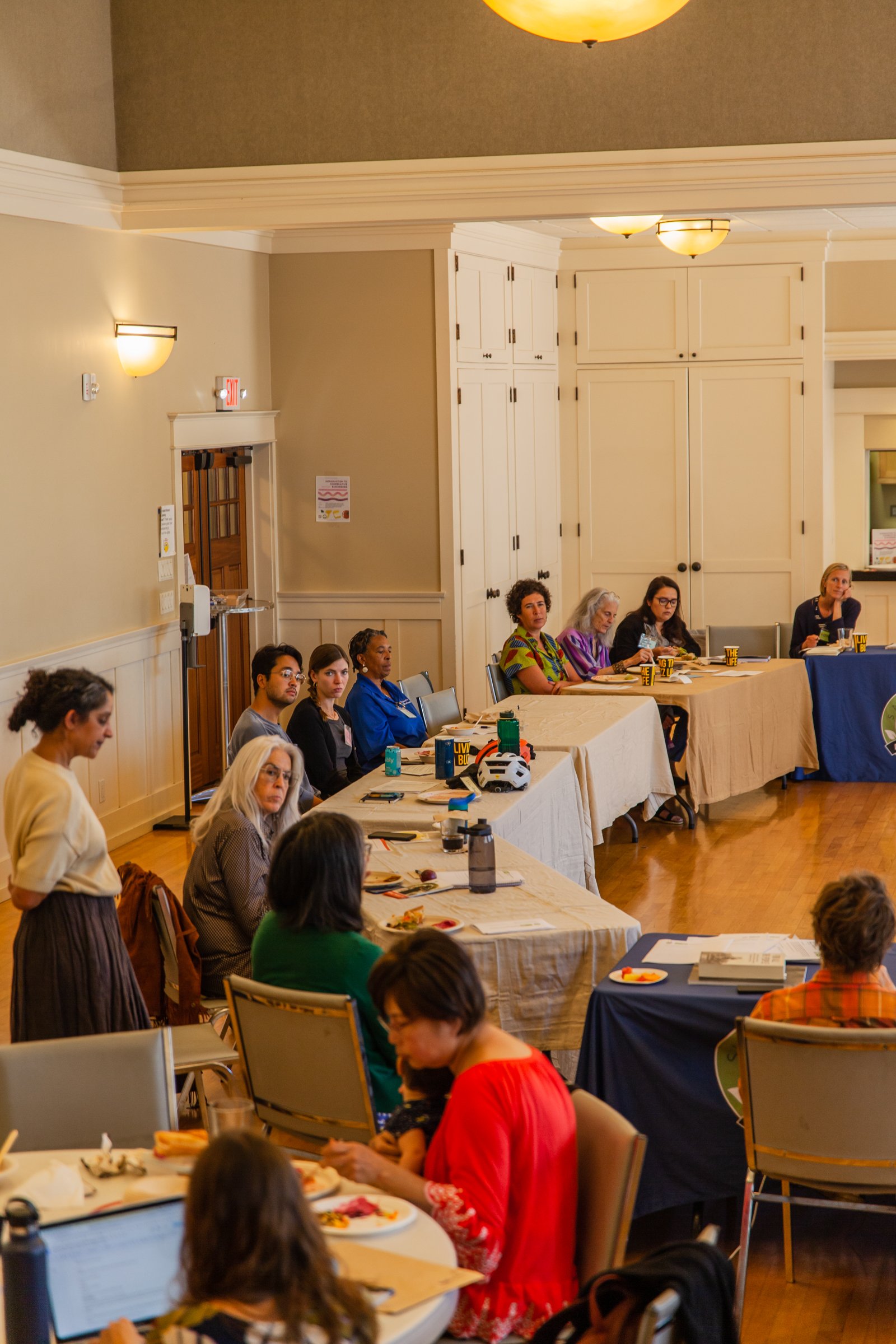Event Recap | Introduction to Cooperative Businesses with Mai Nguyen, Minnow
Thanks so much to everyone who joined us yesterday for our "Introduction to Cooperative Businesses" workshop, led by our dear friend Mai Nguyen 🌾 (they/them) — farmer, farmer organizer, ag policy advocate, parent, and co-director at Minnow. Minnow is a people of color-led organization committed to advancing land justice through work on farmland tenure, indigenous sovereignty, workplace democracy, and resource mobilization.
As Mai said in the workshop, often, we think capitalist structures are the only way we know how to operate our businesses, and cooperative structures seem new and unfamiliar—yet, we already live cooperatively in many ways.
Our vision of a healthy, sustainable, and just food system is inseparable from the practice of cooperation in all aspects of our lives. The extractive, profit-driven economic system that is responsible for producing and distributing most food today is not sustainable. The cooperative movement offers an essential alternative for nourishing our communities and reshaping our collective relationships with land, waterways, and all our relatives here on earth.
Why spaces like this are needed
Small-scale farmers, ranchers, fishermen, and food business owners in San Diego County—and everywhere—struggle to make a living and maintain viable businesses in a food system that does not uplift them.
Low profit margins and wages are common. Technical assistance and support services are limited, especially for Indigenous and people of color. Infrastructure for producing, storing, aggregating, processing, distributing, and marketing local food is scarce. And an increasingly consolidated marketplace is not only exacerbating challenges for small-scale farmers, ranchers, fishermen, food business owners, and workers, but also impacting community food security and sovereignty.
Building an integrated, inclusive, and more diverse local food economy provides pathways to reverse these trends. Investing in local farms, ranches, fisheries, and food businesses—especially those owned by Indigenous, Asian, Black, Hispanic/Latinx, Middle Eastern, Pacific Islander, and other people of color—as well as the relationships and infrastructure needed to produce, store, aggregate, process, distribute, and market local food in our region will foster greater community wealth and create a more resilient economy.
Co-designed by farmers, ranchers, fishermen, food business owners, technical service providers, and an ecosystem of supporters, the Local Food Economy Lab is planting the seeds for a new economy, one that is built on justice and solidarity.
"Community wealth building models, including cooperatives, land trusts, and employee owned businesses, are fairly limited in San Diego County. These models provide an important strategy for increasing the viability of local farmers, fishermen, food business owners, and workers by building collaborative, inclusive, and locally controlled economies. Community wealth building has the capacity to directly address pressing social issues by building power and generating opportunities for the most vulnerable members of society. "
— San Diego County Food Vision 2030 | Objective 2: Increase the Viability of Local Farms, Ranches, Fisheries, Food Businesses, and Workers
Thank you to Mai for sharing their knowledge and holding a safe space for all of us to ask questions and explore different aspects of operating small-scale farms, fisheries, and food businesses cooperatively. And thank you to the attendees who dedicated their morning to the workshop—and for being committed to cultivating a just food system that belongs to us all.
Once again, we enjoyed a delicious breakfast catered by Christina Ng (@chinitaspies), and an amazing lunch spread by MAKE Cafe!
We look forward to hosting more Events & Workshops supporting our local food economy in the near future.
































